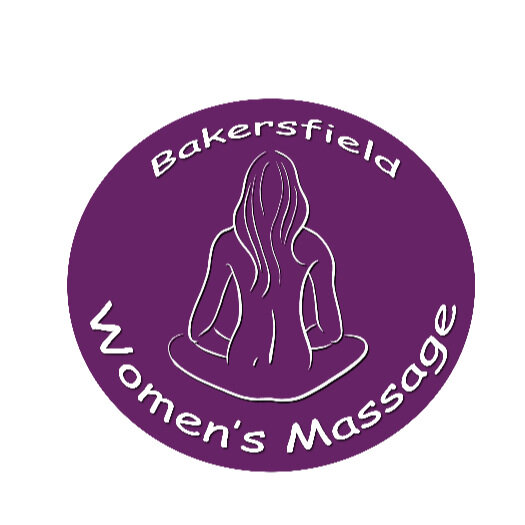Gratitude is Good for You
As I write this, we are entering the second holiday season of the COVID-19 pandemic. It is also the second birthday season for my children celebrated while staying mindful of what activities may be safe to enjoy during the first pandemic for 100 years. These milestones have caused me to reflect on the past 20 months. This reflection has deepened my appreciation of the good in my life.
With Thanksgiving approaching, the theme of gratitude has been on my (and many people’s) mind more than usual. Over the past year, I began practicing gratitude in earnest (along with other Positive Psychology practices) and have noticed a difference in my overall perspective and psychological well-being. This is despite the challenges that have come with living through a pandemic, including closing my massage practice for over a year and unexpectedly educating my children for one and half school years at home.
Benefits of Gratitude
According to positivepsycology.com, Positive Psychology is the focus on the good in life as a way “to help people flourish and live their best lives.” The practice of gratitude is one tool in the Positive Psychology toolbox. People who practice gratitude have been shown to enjoy a happier life with an increase in psychological and physical health. There have been several studies (see some discussed in this article from Greater Good Magazine) that demonstrate a relationship between health and gratitude.
According to the Greater Good Science Center white paper, there is evidence that acknowledging the good in your life has definitive benefits. These include improved sleep, increased happiness, improved outlook, reduced inflammation, and decrease in depression and anxiety. Not only can gratitude benefit individuals, but it can also improve social interactions and maintaining relationships.
Add Gratitude to Your Life
The good news about incorporating regular gratitude into your life is that it is free and doesn’t have to be time consuming. Here are some things you can do:
Ø Start a gratitude journal. Or include gratitude in your current journal. Do this by writing down the things that have gone well or that you appreciate.
Ø Write a thank you letter to someone. If they are nearby, visit them and read the letter to them. If not, call them. If they have passed away, share the letter with someone.
Ø Say “thank you” when you appreciate something someone has done.
Ø Acknowledge throughout each day the things that are going well or that you enjoy.
Try doing one of these things for a few weeks. Then, notice how you feel. Is there a difference? What is the difference? Is gratitude something you would like to continue to incorporate into your life? Make a plan for how to do this.
How Much Gratitude Do You Have?
Would you like to explore your level of gratitude? There are some free online gratitude quizzes available. Try taking one before you begin a gratitude practice and again after a few weeks of practicing gratitude. Did your results change? Here are a couple of free quizzes to try:
Ø Greater Good Science Center Gratitude Quiz
Ø University of Pennsylvania Authentic Happiness Gratitude Questionaire listed under Engagement Questionnaires.
Practicing gratitude has both physical and psychological benefits. Plus, it simply helps you feel good. What are you grateful for today?
